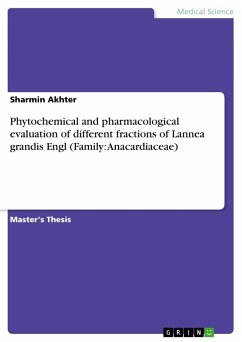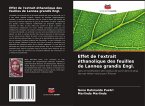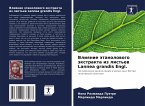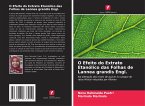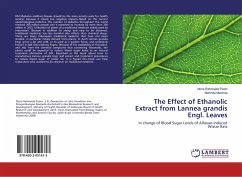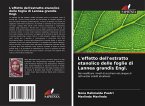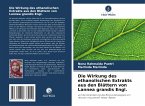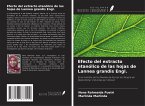Master's Thesis from the year 2012 in the subject Pharmacology, , course: Pharmacy, language: English, abstract: The present research work was conducted to investigate the phytochemical and pharmacological activities of the different fractions of Lannea grandis Engl. (Family-Anacardiaceae). In phytochemical screenings with the crude extractives demonstrated the presence of alkaloids, steroids, tannins, saponins and gum. The antibacterial and antifungal activities of the crude extracts were evaluated by the disc diffusion method against 4 Gram positive and 7 Gram negative pathogenic bacteria and 7 fungi using Ciprofloxacin and Fluconazole as standards, respectively. In the screening, ethanol extract of L. grandis showed varying degrees of antibacterial activities than other two fractions with % zone of inhibition ranging from 46.09-48.42%, with strong activity against B. subtilis and S. aureus. On the other hand, the ethanol extract of plant also revealed mild to moderate antifungal activity with highest zone of inhibition of 20.5mm against B. dermatitidis. The MICs of the extracts were found to be 15.625-250mig/ml for both bacteria and fungal species used in the screening. During screening for antidiarrhoeal and antidepressant properties at dose 400mg/kg, significant (p<0.05) and dose dependent activities were observed in castor oil and Diazepam induced mice respectively. The plant extracts also revealed lack of analgesic activity performed on 0.7% acetic acid induced mice by using Diclofenac-Na as standard. The anti-inflammatory and the membrane stabilizing activities were assessed by using heat induced method and compared with acetyl salicylic acid as standard drug. The ethanol extract showed mild & significant (p<0.01) in-vitro membrane stabilizing activity compare to other fractions and ethanolic extract showed the highest anti-inflammatory activity in compare to the other two fractions of plant. In the screening of thrombolytic activity, the ethanol extract exhibited highest activity with % clot lysis 11.482 (p<0.01) compare to pet ether and chloroform fractions. Streptokinase used as standard which demonstrated % clot lysis of human blood 81.54 (p<0.001).So, the results obtained from this study indicate that these plant species could be useful in the search for new natural bioactive compounds.
Hinweis: Dieser Artikel kann nur an eine deutsche Lieferadresse ausgeliefert werden.
Hinweis: Dieser Artikel kann nur an eine deutsche Lieferadresse ausgeliefert werden.

